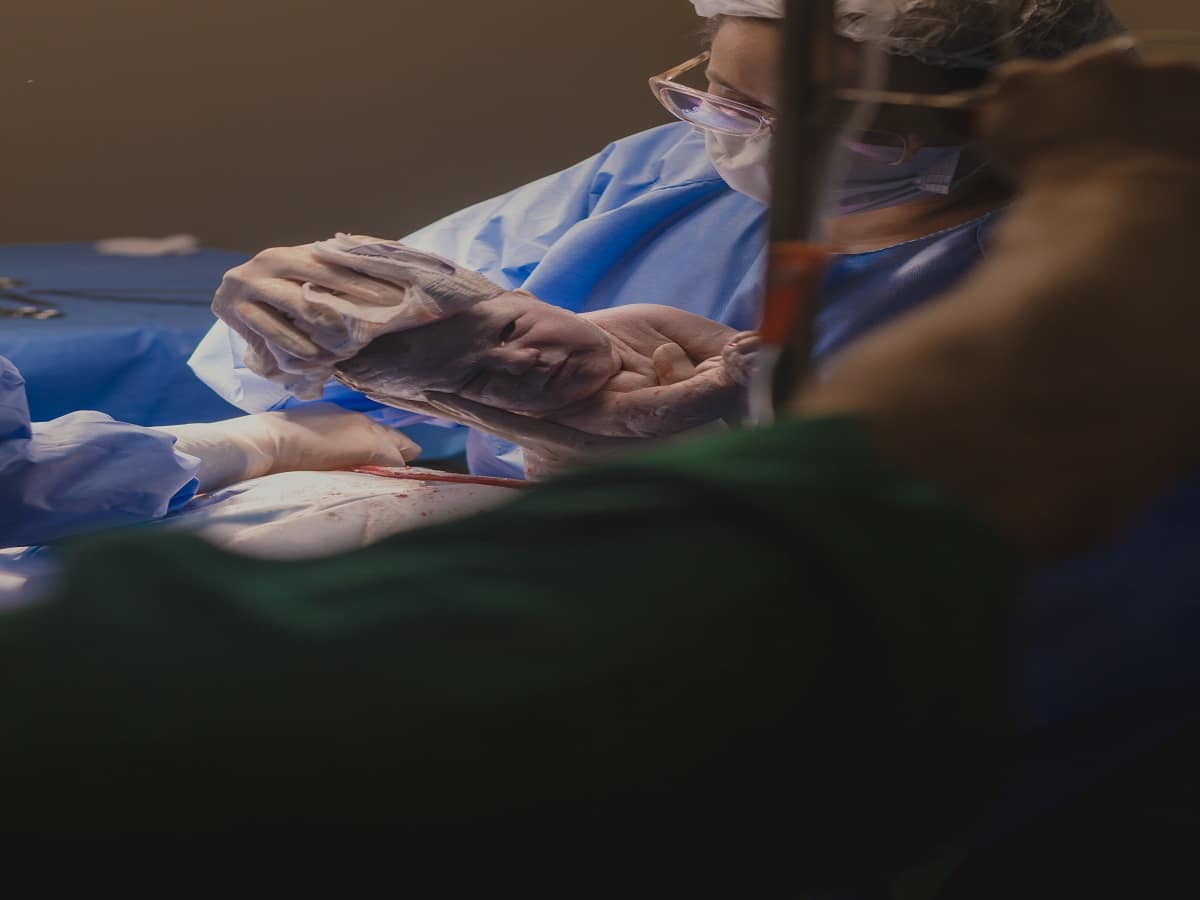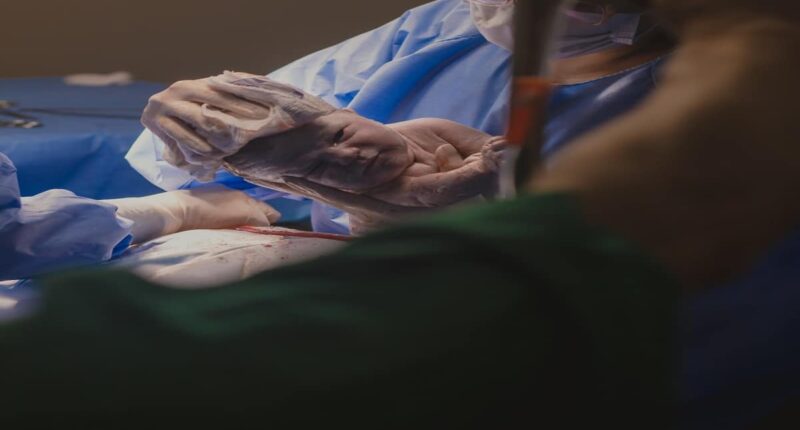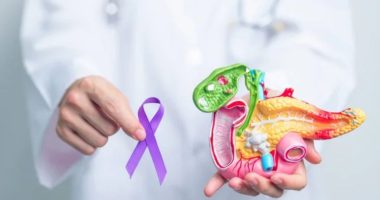 Immunity Against Pregnancy? In this rare condition, the placental channel might get blocked by the mother’s immunity cells, thus hampering the nutritional and waste exchange process between the mother and fetus and resulting in dangerous consequences for the baby
Immunity Against Pregnancy? In this rare condition, the placental channel might get blocked by the mother’s immunity cells, thus hampering the nutritional and waste exchange process between the mother and fetus and resulting in dangerous consequences for the baby
Stillbirth has been a sad reality for many families globally. It affects the families’ emotional well-being adversely. For pregnant women, the event can be as devastating as a miscarriage. While sometimes the factors that might have caused the stillbirth can be easily understood, some are not currently known and it is not always possible to prevent a stillbirth. A rare placental condition is one among such unknown factors that cause stillbirth and can be only diagnosed after the delivery following a microscopic examination of the placenta. The condition has a name and is called chronic histiocytic intervillositis (CHI).
A stillbirth is a death of a baby before or during the delivery. Both miscarriage and stillbirth are a form of pregnancy loss but might differ in the sense of when they might occur.
In normal pregnancy, the placenta, which is the connecting tissue between the mother and the fetus, contains blood vessels contained within structures called villi. These then come in close contact with the fetus’ blood where all the nutritional exchange takes place. In this rare condition, the placental channel might get blocked by the mother’s immunity cells, thus hampering the nutritional and waste exchange process between the mother and fetus and resulting in dangerous consequences for the baby. As per experts, only a few such pregnancies see a live birth. In other cases, babies have to be delivered much early by emergency cesarean.
What exactly might happen in CHI?
An international media outlet recently shared some snip bits of the award-winning essay on recurrent pregnancy loss. The article Hope after Grace: tackling recurrent pregnancy loss was written by Dr Emily Cornish who has been named the winner of the Medical Research Council’s (MRC) Max Perutz Science Writing Award for her article on chronic histiocytic intervillositis (CHI).
As per the researcher, a fact about the condition is that in eight cases out of 10, it might re-occur in a subsequent pregnancy. The researcher said that the cause of the condition is still unknown and very hard to predict or diagnose. However, when the placenta is looked under a microscope following delivery, then it might appear as a ‘rejected kidney transplant’. The researcher presented her hypothesis by saying that in the condition, the mother’s body might be producing antibodies against the placenta and this might lead to inflammation of the placenta where there might be a sudden influx of the mother’s white blood cells into the region, thus clogging it. The researcher also shared the story of a woman affected by the condition who had lost four sons to CHI in three years.
What do experts have to say?
Dr Chennuru Nishitha, a Telangana-based gynaecologist shared with Healthsite.com that the condition is rare and occurs in 6 in 10,000 pregnancies. The expert said: “It is a rare condition but it has a high recurrence rate. Though not common, it counts as a reason for stillbirth.” The expert said that in most cases, diagnosis won’t happen. It is only after delivery when the placenta is sent for histopathology, only then it would come to light. The expert informed that unfortunately not much can be done in terms of precaution but the condition mostly affects women with a history of autoimmune disorders, so a little caution can be exercised.
Connection with COVID?
With onset of pandemic, some studies found a connection between the condition and COVID. As per reports, a team of 44 researchers in 12 countries examined 64 stillbirths and four neonatal deaths in which the placenta was infected with the virus. The findings showed that nearly all placentas had large deposits of fibrin, a clotting protein and an unusual form of inflammation called chronic histiocytic intervillositis. As per some experts, the virus seemed ‘chewing the placenta’ with striking placental damage being reported. Home Page








